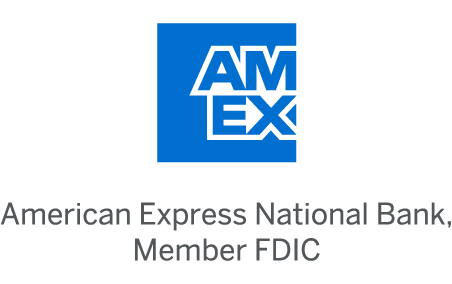If you’re thinking about opening a CD in the near future, you’re no doubt in good company. A lot of people are clamoring to open CDs before the Fed starts lowering interest rates. And given that the central bank is next set to meet at the end of July, that could happen fairly soon.
But if you’re going to open a CD, you should be aware that all of the interest you stand to earn comes with a less obvious downside. And it’s something you’ll need to account for.
Don’t get caught owing taxes you can’t pay
Thanks to today’s CD rates, you have the potential to earn a lot of money in interest in the coming months. That’s a good thing in theory. But it could also result in a tax headache.
Not only is interest income taxable, but it’s taxed as ordinary income. It’s subject to the highest marginal tax rate you’re required to pay based on your earnings.
Our Picks for the Best High-Yield Savings Accounts of 2024
|
Capital One 360 Performance Savings 
APY 4.25%
|
APY 4.25%
|
Min. to earn $0 |
|
American Express® High Yield Savings 
APY 4.25%
|
APY 4.25%
|
Min. to earn $1 |
|
Citizens Access® Savings 
|
Min. to earn $0.01 |
So let’s say you’re in the 24% tax bracket. And let’s say you open a 12-month, $10,000 CD with a 5% APY. That means you’ll earn $500 over the next year, or $250 before the end of 2024 if you put that CD in place by July 1. Here, you’re basically going to lose $60 of that $250 to interest, and you’ll owe that money as part of your 2024 tax bill.
Now $60 in interest may not cause you such a big problem with the IRS. But what if you’re opening a 12-month, $50,000 CD with a 5% APY? That means you’re looking at earning $2,500 in interest over the next year, or $1,250 by the end of 2024.
Again, that’s a good thing in theory. Only if we apply that 24% tax rate, it means the IRS is entitled to $300 of the $1,250 you might collect before 2024 comes to an end. That’s money you should set aside in case you need to pay it to the IRS when you settle your 2024 tax bill in April of 2025.
Consider making estimated payments if you’re earning a lot of money in CDs
If you have a few thousand dollars in CDs or less, then you may not need to do much more than set a little extra cash aside for tax purposes. But if you have a few hundred thousand dollars in CDs, which may be the case for some people, then it could pay to make estimated quarterly payments to the IRS on your interest income. Doing so could help you avoid a penalty for underpaying your taxes.
You may also want to consider other money-making opportunities that don’t deal such a harsh tax blow. Investing in a brokerage account could mean paying less on your earnings because capital gains and dividend payments are generally subject to lower tax rates than interest income.
And if you invest in an IRA, gains in that account are tax-deferred. This means you don’t pay taxes every year on gains — just when you take withdrawals. So if you’re putting money aside for the purpose of funding your retirement, an IRA could be your most tax-efficient bet.
These savings accounts are FDIC insured and could earn you 11x your bank
Many people are missing out on guaranteed returns as their money languishes in a big bank savings account earning next to no interest. Our picks of the best online savings accounts could earn you 11x the national average savings account rate. Click here to uncover the best-in-class accounts that landed a spot on our short list of the best savings accounts for 2024.
